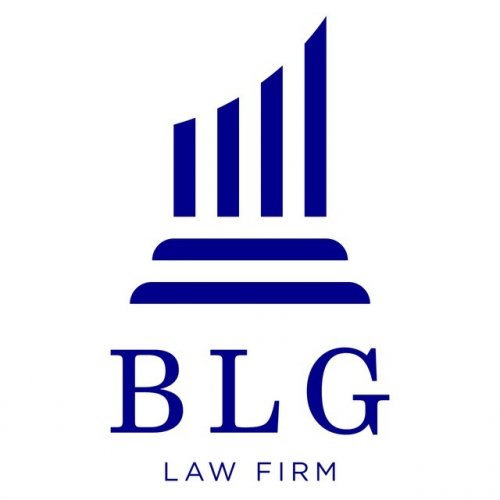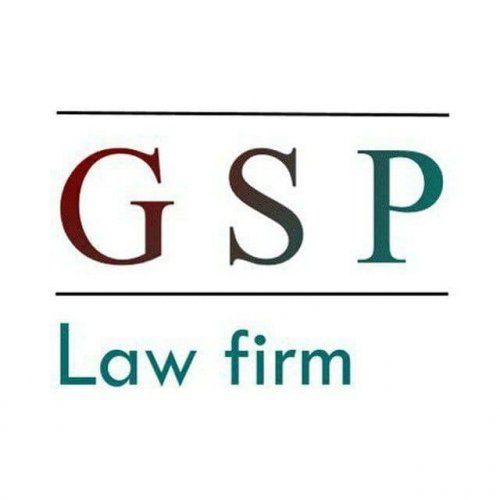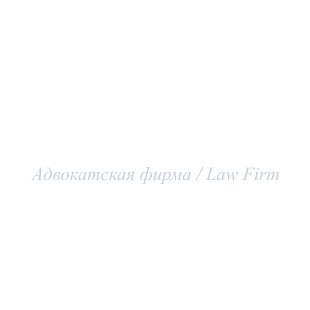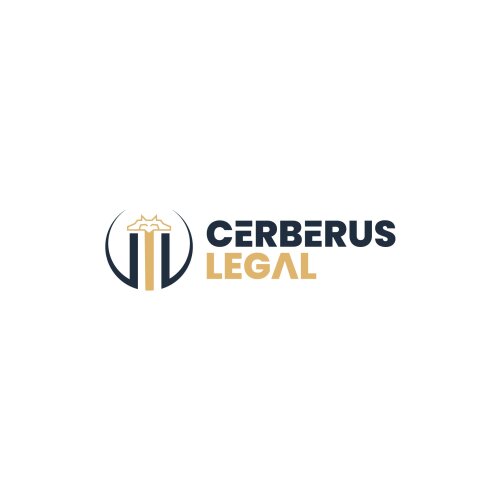Best Bankruptcy Lawyers in Tashkent
Share your needs with us, get contacted by law firms.
Free. Takes 2 min.
List of the best lawyers in Tashkent, Uzbekistan
About Bankruptcy Law in Tashkent, Uzbekistan
Bankruptcy law in Tashkent, Uzbekistan, is designed to provide a legal framework for dealing with insolvency issues, both for individuals and businesses. The primary aim of these laws is to fairly distribute the debtor's assets among creditors and offer a structured opportunity for debtors to restart their financial lives. It encompasses specific regulations that manage the process of declaring bankruptcy, administering bankrupt estates, and either liquidating or restructuring financial obligations.
Why You May Need a Lawyer
Engaging a lawyer when considering bankruptcy is crucial for several reasons. Firstly, navigating the complexities of bankruptcy law requires a deep understanding of legal procedures and local regulations, something a lawyer can provide. Secondly, a lawyer can help assess whether bankruptcy is the best option for your financial situation or if other debt-relief measures may be more appropriate. Additionally, legal advice can protect your assets to the fullest extent possible under the law and ensure compliance with all procedural and documentation requirements.
Local Laws Overview
In Tashkent, the legal framework governing bankruptcy is dictated by a mix of national and local regulations. Key aspects include the division of bankruptcy into voluntary and involuntary proceedings, detailed grounds for declaring an entity or individual insolvent, and a step-by-step procedural guide for asset liquidation or debt restructuring. Significantly, the law emphasizes protecting the rights of creditors while also facilitating opportunities for debtors to recover financially, potentially involving negotiations and settlements before final court judgments.
Frequently Asked Questions
What is the process to declare bankruptcy in Tashkent?
The bankruptcy process typically begins with filing a petition in a local economic court, followed by appointment of a trustee and assessment of assets and liabilities. The court orchestrates the distribution or restructuring of assets accordingly.
Can both individuals and companies declare bankruptcy?
Yes, both individuals and companies can file for bankruptcy, following procedures tailored to the nature of their financial obligations and operations.
Will filing for bankruptcy eliminate all my debts?
While bankruptcy can discharge many types of debts, some obligations, like child support or certain taxes, are not dischargeable.
How long does the bankruptcy process take?
The duration can vary significantly based on the complexity of the case, from a few months to several years for more complicated company restructurings.
What are my assets protected in bankruptcy?
Certain assets might be protected under bankruptcy's automatic stay provisions, but this largely depends on the specifics of the case and compliance with legal provisions.
Is it possible to avoid bankruptcy but still resolve debt issues?
Yes, options such as debt restructuring, negotiations, and settlements may be explored to resolve financial difficulties without resorting to formal bankruptcy.
What happens to employees if a company goes bankrupt?
Employees' outstanding wages may be prioritized in the distribution of remaining assets, but their employment status can be affected depending on how the court proceedings unfold.
What role does a trustee play in the bankruptcy process?
The trustee administers the bankruptcy process, overseeing asset liquidation or reorganization and ensuring all legal procedures are followed accurately.
Can I keep my business operating during bankruptcy proceedings?
In some cases of reorganization bankruptcy, businesses may continue operations under specific court-supervised plans.
What is an involuntary bankruptcy case?
An involuntary bankruptcy occurs when creditors file a petition against a debtor, forcing them to enter legal bankruptcy proceedings.
Additional Resources
For those seeking further information or assistance specific to bankruptcy in Tashkent, consulting government bodies such as the Ministry of Justice of Uzbekistan or economic courts could be beneficial. Additionally, legal aid organizations and bar associations can offer valuable support.
Next Steps
If you find yourself in need of legal assistance related to bankruptcy, it’s advisable to first gather all relevant financial documentation and contact a qualified bankruptcy attorney for a consultation. They will be able to provide specific advice tailored to your situation and guide you through the process of filing for bankruptcy or exploring alternative options.
Lawzana helps you find the best lawyers and law firms in Tashkent through a curated and pre-screened list of qualified legal professionals. Our platform offers rankings and detailed profiles of attorneys and law firms, allowing you to compare based on practice areas, including Bankruptcy, experience, and client feedback.
Each profile includes a description of the firm's areas of practice, client reviews, team members and partners, year of establishment, spoken languages, office locations, contact information, social media presence, and any published articles or resources. Most firms on our platform speak English and are experienced in both local and international legal matters.
Get a quote from top-rated law firms in Tashkent, Uzbekistan — quickly, securely, and without unnecessary hassle.
Disclaimer:
The information provided on this page is for general informational purposes only and does not constitute legal advice. While we strive to ensure the accuracy and relevance of the content, legal information may change over time, and interpretations of the law can vary. You should always consult with a qualified legal professional for advice specific to your situation.
We disclaim all liability for actions taken or not taken based on the content of this page. If you believe any information is incorrect or outdated, please contact us, and we will review and update it where appropriate.












